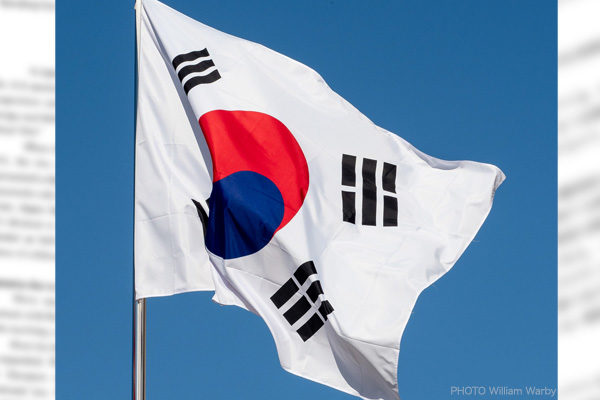The Korean Peninsula as the subject of my research underwent drastic upheavals last year. North Korea’s third hereditary dictator Kim Jong Un at a plenary meeting of the Workers’ Party Central Committee in December 2023 and the Supreme People’s Assembly (National Assembly) in January 2024 declared that South Korea was not in the same ethnic group to be unified with the north, but a hostile foreign country. He thus rejected the national unification strategy of the late President Kim Il Sung and the late General Secretary Kim Jong Il.
The denial of his grandfather and father was not limited to the rejection of the unification strategy. Kim Jong Un discontinued to call Kim Il Sung the Sun, suspended the use of the Juche calendar that starts with the year of Kim Il Sung’s birth, and began to call the ideology that supports dictatorship “Kim Jong Un’s revolutionary thought” instead of the Juche.
Most of North Koreans have learned the truth that South Korea has become a prosperous and free developed country and begun to admire the south. Kim Jong Un’s policy changes indicate that he fears the admiration. This represents South Korea’s victory in the modern history of the Korean Peninsula.
President Yoon gave credit to YouTube
In victorious South Korea, however, right-wing totalitarianism is on the rise. Last December, President Yoon Suk Yeol, obsessed with conspiracy theories that his ruling party’s crushing defeat in April’s general election was attributable to election fraud caused by North Korea and China, tried in vain to launch a coup by declaring martial law and sending troops to the National Assembly and the National Election Commission.
Election vote counting in South Korea is completely done manually. Even if National Election Commission computers are hacked, vote counting cannot be manipulated. However, Yoon, in his statement even after the failure of martial law, said that the purpose of martial law was to investigate North Korea’s hacking of National Election Commission computers. As some YouTubers continued to advocate election fraud conspiracy theories, Yoon declared martial law in a manner to give credit to those YouTubers rather than explanations by the National Intelligence Service and the National Election Commission.
Furthermore, about a quarter of the South Korean people still support the president, believing that martial law was necessary to resolve suspected election fraud. As many as a half of conservatives believe in election fraud conspiracy theories, according to a poll by the Dong-A Ilbo newspaper.
Division of conservatives benefiting left-wingers
Conservatives in South Korea have split into conservative liberals and right-wing totalitarians because of the election fraud conspiracy theories. The latter are louder. They disrespect the election results and assert that half the National Assembly members were fraudulently elected. They label those who disagree with their view as foreign spies and reject free debate.
“We are embarrassed by election fraud conspiracy theorists who have joined our movement and branded their opponents as Chinese spies,” said Han Min Ho, a former director with Ministry of Culture, Sports and Tourism who has led a national movement to unveil the Chinese Communist Party’s infiltration into South Korea. “I am more painful now than when I was dismissed as director for openly opposing the biased anti-Japanese policies of the former Moon Jae In government.”
As the winner in the modern history of the Korean Peninsula, South Korea has a historic mission to achieve the free unification of the peninsula and liberate North Korean people suffering under the dictatorship. While conservative liberals who understand this are fighting an uphill battle against right-wing totalitarians obsessed with conspiracy theories, left-wing totalitarians who support the North Korean dictatorship are increasingly likely to retake control of South Korea.
Tsutomu Nishioka is a senior fellow and a Planning Committee member at the Japan Institute for National Fundamentals and a specially appointed professor at Reitaku University. He covers South and North Koreas.


